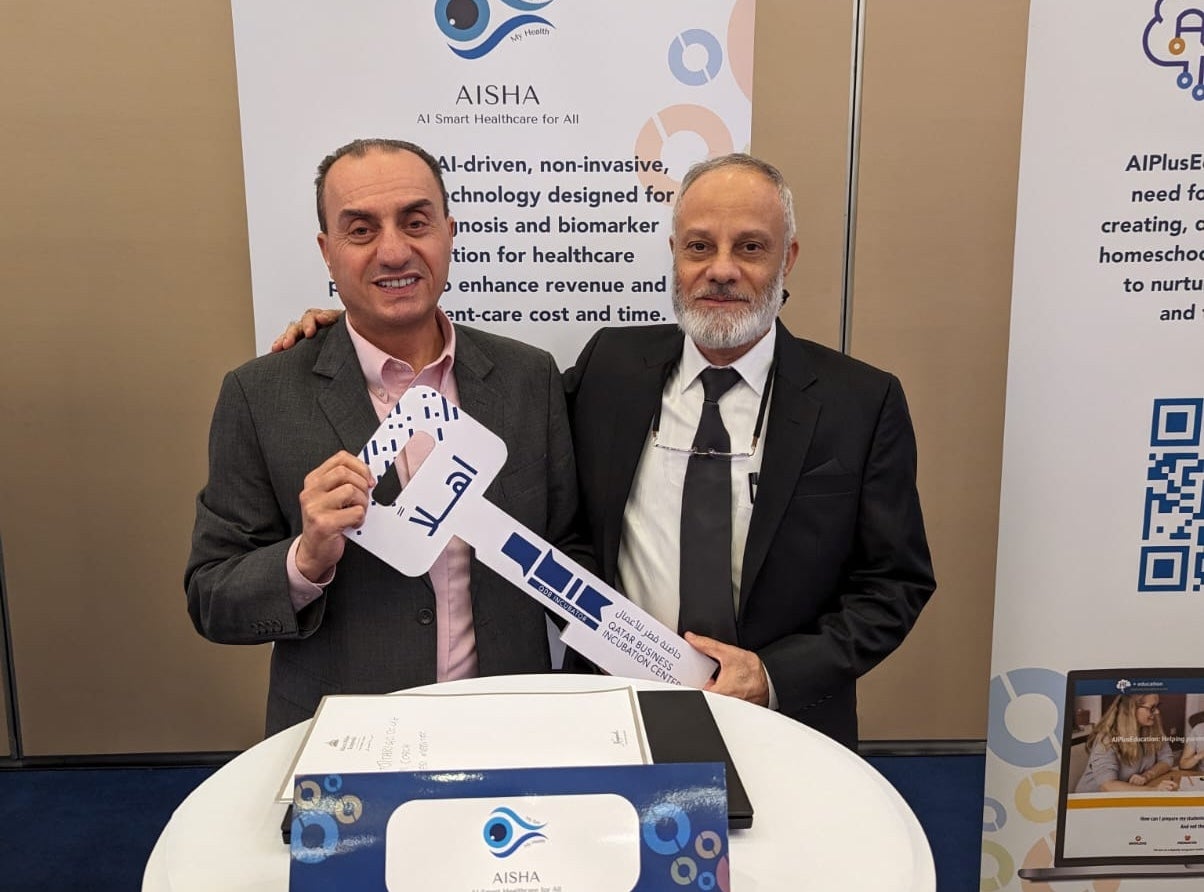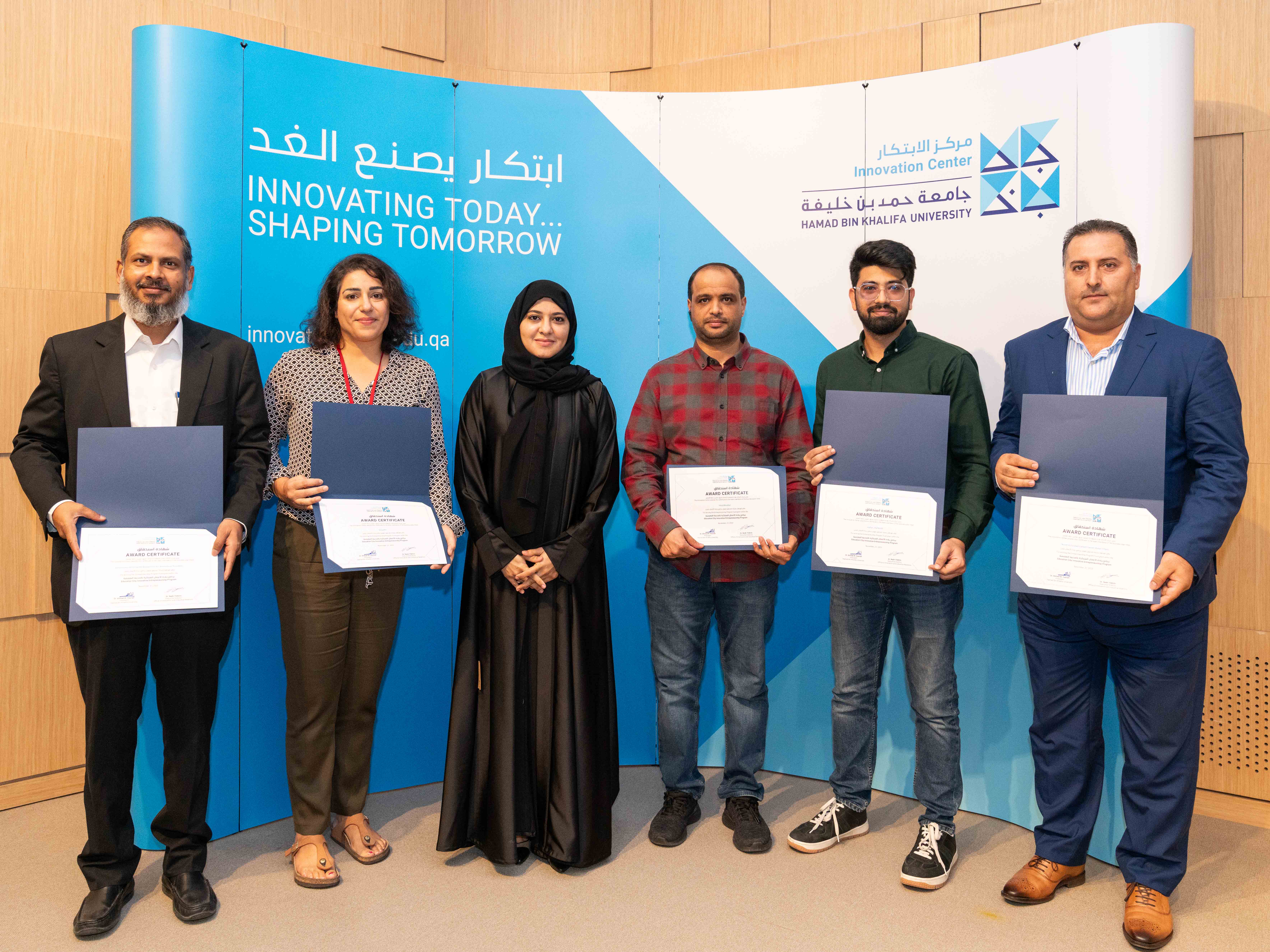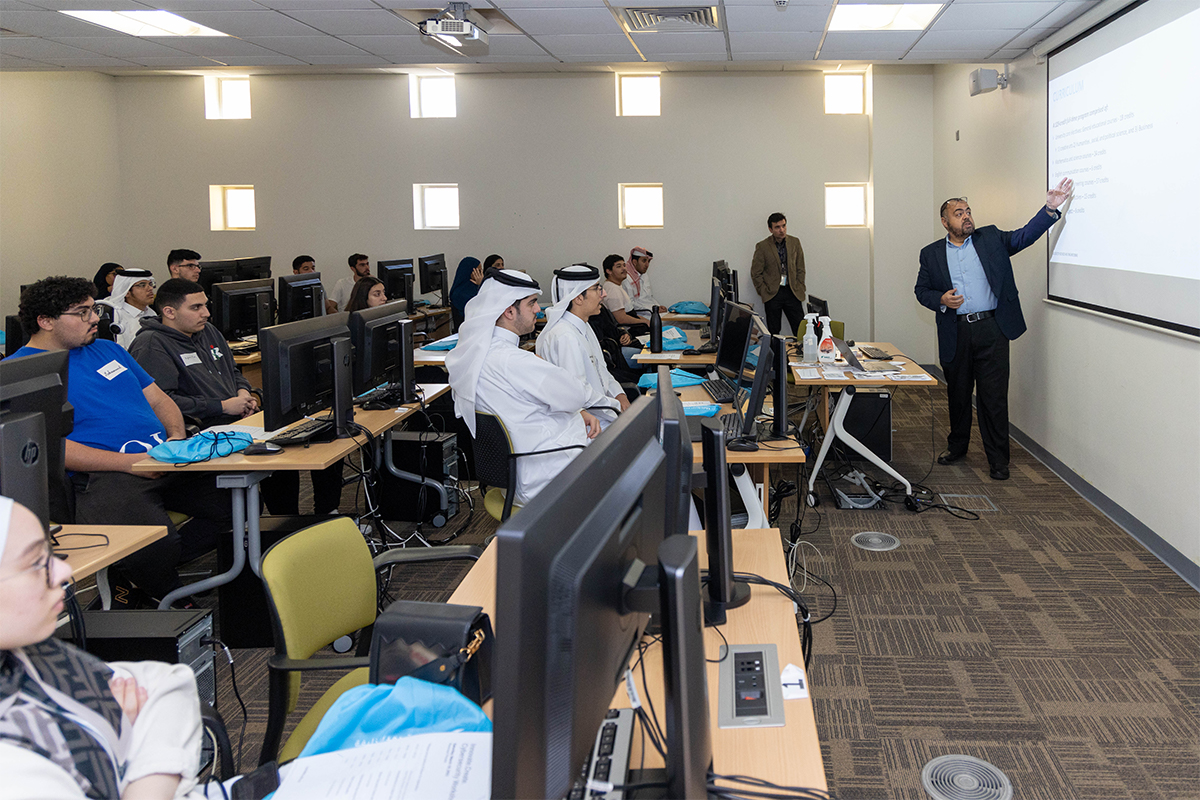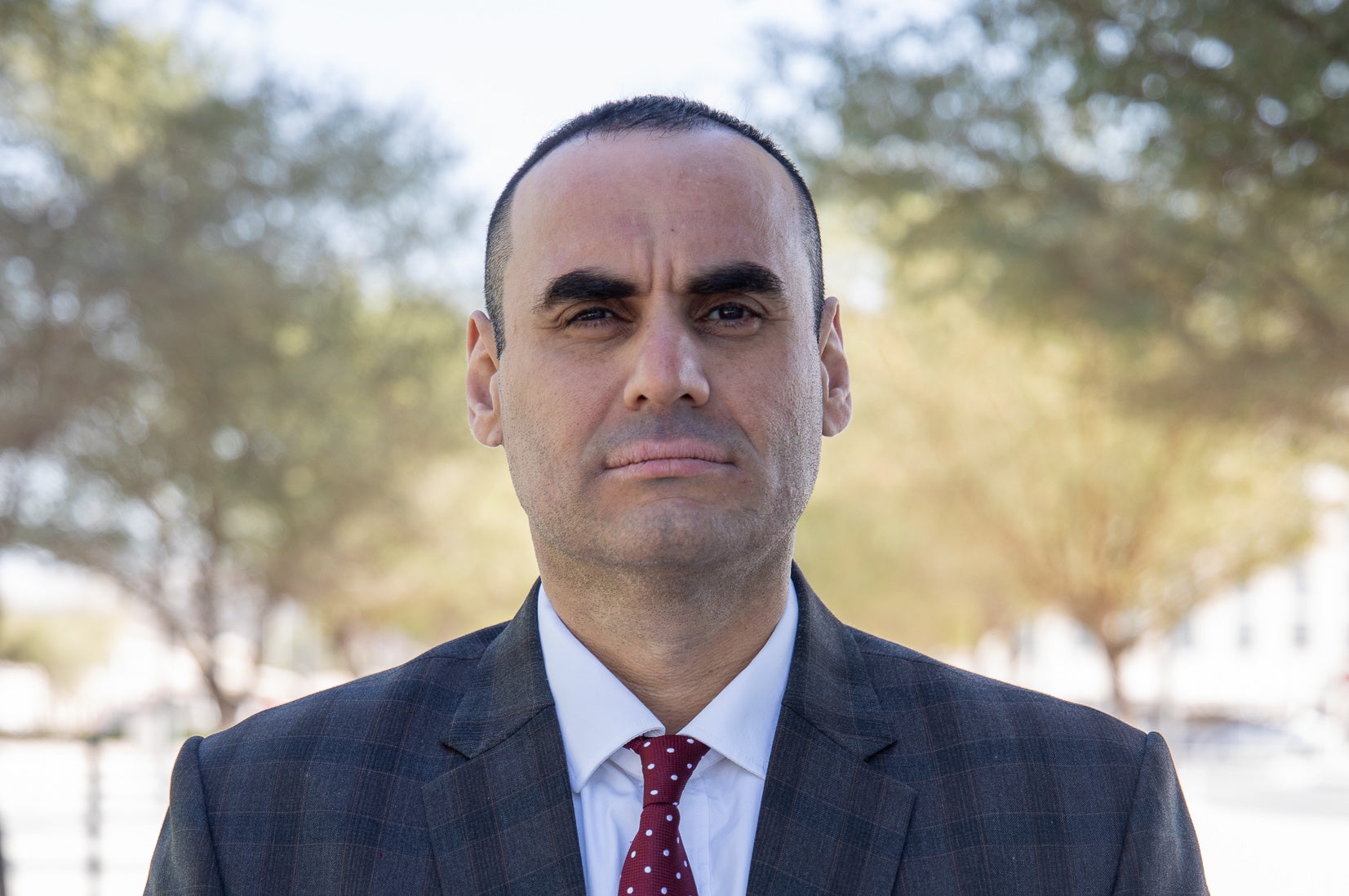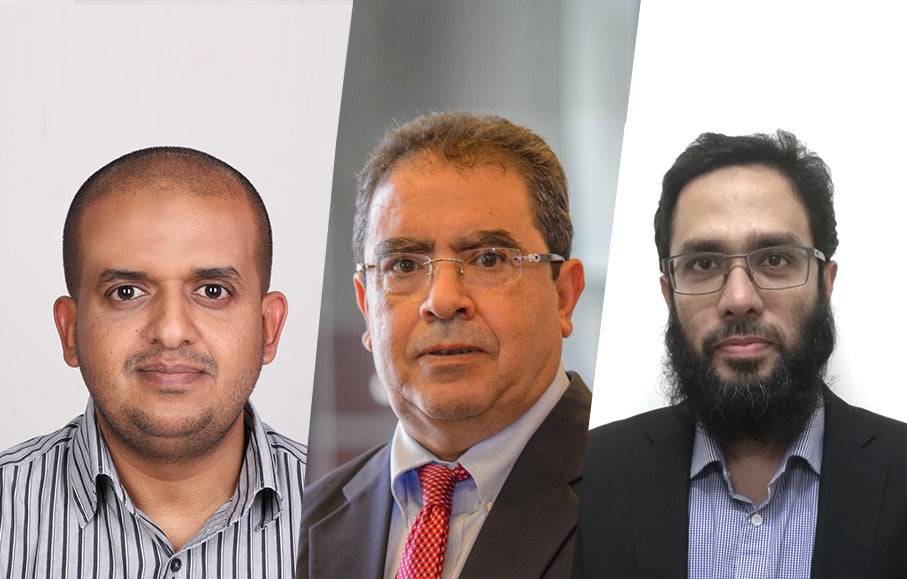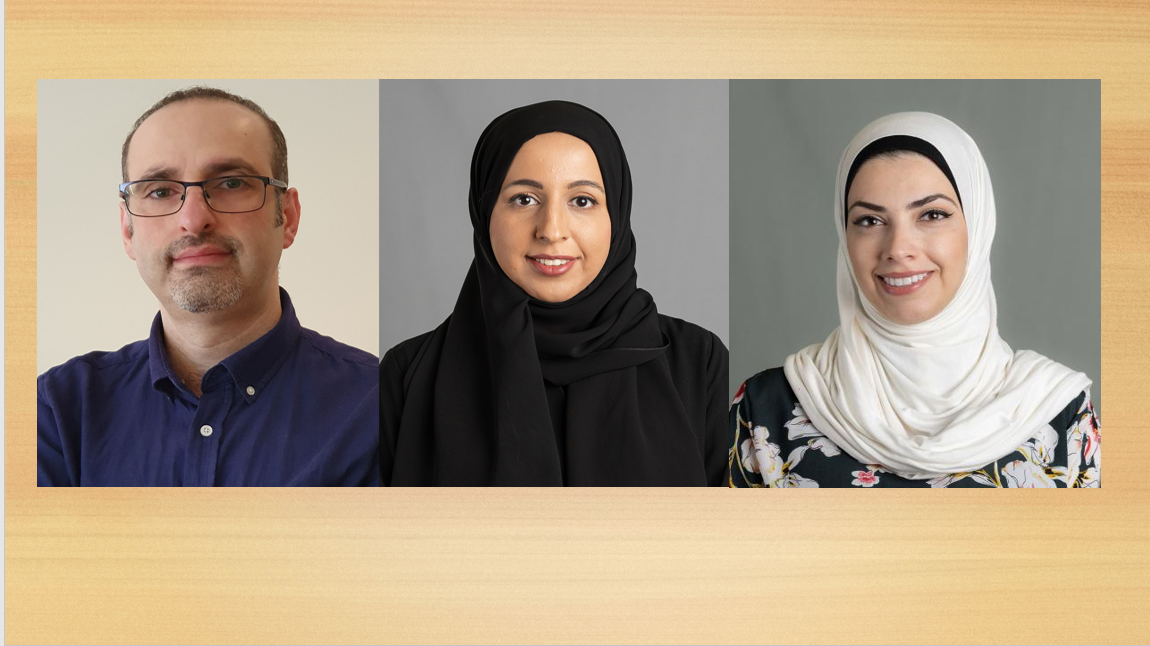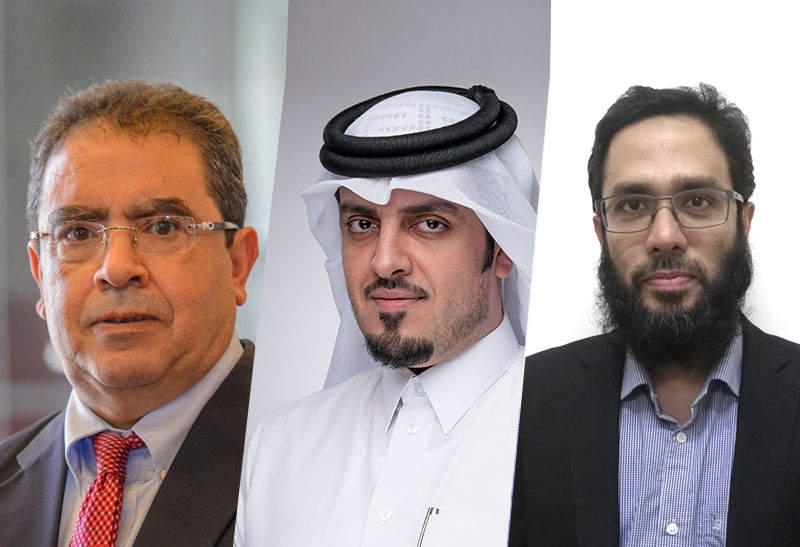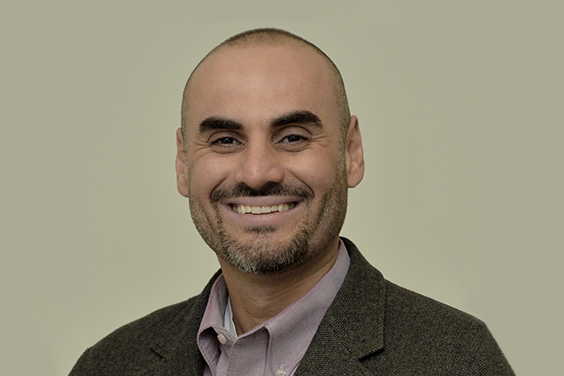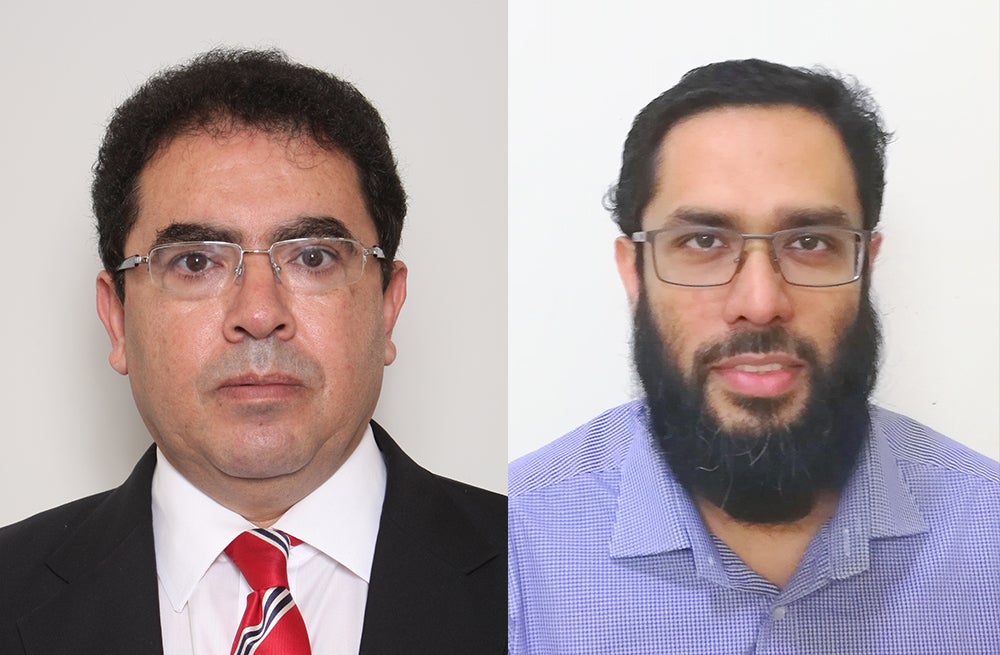
Qatar is on Course to Become a Regional Leader in FinTech
Advances in technology are transforming the financial sector, and Qatar is right on the pulse, as Professor Roberto Di Pietro and Doctor David Yang of the College of Science and Engineering at Qatar Foundation’s Hamad Bin Khalifa University reveal.

Financial services have been practiced for thousands of years, but the application of technology to those services is still rather new because until recently the industry has been relatively untouched by innovation.
It's a field in which innovation takes time to become accepted because the financial sector is such a well-oiled machine. But FinTech - a combination of the words ‘financial’ and ‘technology’ - is now making a big impact. Mobile banking, investing services, and cryptocurrency are all examples of how technology is helping to make financial services more accessible to the public.
FinTech services vary; there are some that specialize in short-term loans that many people couldn’t get from a bank, so it can make a big difference in people’s lives.
If you think about access to market share and to a huge amount of people, think about online market mortgages, crowdsourcing, crowdfunding, etc. - these types of loans can offer a better path to financing for both the lender and the borrower. It’s a win-win situation.
FinTech enables you to achieve the same objective only at much less cost, in much less time; and with much more viability. It is also beneficial in terms of disruptive service, because companies can provide services that were not there before. Disruptive service, not to be confused with a disrupted service, may sound negative but is actually very positive for consumers.
In much the same way that Uber transforms transportation, and Airbnb revolutionizes accommodation, disruptive technology displaces established mechanisms and shakes up the industry in a positive way.
China dominates the global market
PayPal was the first FinTech company to go global but has since been overtaken by Alipay as the world’s biggest online payment platform. Alipay, a spin-off company from Alibaba, owns more than half of the third-party payment market in China - a country that accounts for three-quarters of the global market in online lending.
Alibaba is similar to Amazon, and customers can put money into their accounts so that the next time they make a purchase, they don't need to use their bank accounts or credit cards. It was discovered there was so much money in these accounts that it was worth offering a financial product, so a monetary fund with very low risk was created.
Alibaba were able to offer an extremely high interest rate of 7 percent and customers could take out their money at any time, so everyone in China started depositing their money with Alibaba instead of placing their funds into banking institutions. To meet regulatory requirements, Alibaba then restructured to form Alipay - which became the first FinTech company in China.
Traditionally, people trust banks, because they are heavily regulated and are considered too big to fail. If they encounter trouble, the government will bail them out.
The monopoly held by banks till now has led to innovation being introduced very slowly to this sector. But the emergence of the Internet has led people to realize you can create a very big internet company very quickly and that these ventures are also relatively safe by virtue of their size.
So people started using these new FinTech companies to manage their wealth and, because these companies are from a technology background, they could innovate much faster than banks.
Qatar is investing heavily in FinTech
Qatar has recognized the value in investing in this rapidly emerging sector and is making great progress. It has developed a strategy to create a FinTech hub in Doha and is on course to become the regional leader for this technology.
Qatar Foundation provides the means to do research and recruit top scientists from all over the world, who are attracted by the opportunity to build something big and innovative.
The College of Science and Engineering (CSE), part of Hamad Bin Khalifa University (HBKU), is assisting Qatar’s efforts in this field. Last year CSE received funding from the National Priorities Research Program (NPRP) to carry out research on FinTech applications.
NPRP is the main funding program of Qatar National Research Fund (QNRF) and is the primary means by which QNRF seeks to support research that addresses Qatar’s needs, specified as ‘Grand Challenges’ in the Qatar National Research Strategy.
CSE has been awarded seven NPRP projects, two of them specifically addressing FinTech. The first is an NPRP11 Standard project, ‘Extending Blockchain Technology - a Novel Paradigm and its Applications to Cybersecurity and FinTech’, which received overall funding in excess of $1 million.
The other is an NPRP11 Cluster project titled ‘Cyber-resilient FinTech’. It investigates blockchain-based trade-finance. It is a three-year project that is expected to start in September 2019, and has received total funding of $3 million.
CSE research is playing an important role
CSE’s research is heavily related to blockchain, a technology that is at the core of 80 percent of innovation in FinTech, and helps in assessing the security of financial transactions.
Although the benefits from FinTech are many, there are two potential threats: the typical risks for financial services, such as fraud; plus the threat from an IT point of view, i.e. cyberattacks. The funding from NPRP enables CSE to research these areas more extensively.
A blockchain has the potential to deliver solutions that we are not even able to envision yet and CSE is in discussions with major banks to implement this technology. CSE welcomes employees from several banks as well as the Ministry of Interior and the Ministry of Defense, and equips them with the skills to understand the types of services, and to try to improve them.
In addition to blockchains, CSE also actively applies artificial intelligence and data analytics to financial applications. One of the college’s graduate students, Sheikh Mansoor Al-Thani, finished his master thesis on predicting the payment behavior of bounced checks, using data obtained from the Ministry of Interior, where he works.
In Qatar, every time a check bounces, a record is kept at the Ministry of Interior. Some of these checks are eventually paid, but others are not. Using data analytics tools, Al-Thani built a model that predicts whether a bounced check will be fully paid within six months of initial registration, with over 80 percent accuracy. CSE is developing this technology and working with local banks on retail loan default analysis using behavioral data.
HBKU is dedicated to solving the critical challenges of Qatar, and the world, and is involved in important projects, such as trying to apply data science and artificial intelligence to banking and financial services, as well as to address the cybersecurity threats these cited domains are plagued by. In particular, banks are very open-minded and willing to try new technologies. Banks, as well as customers, stand to benefit from FinTech.
Related News
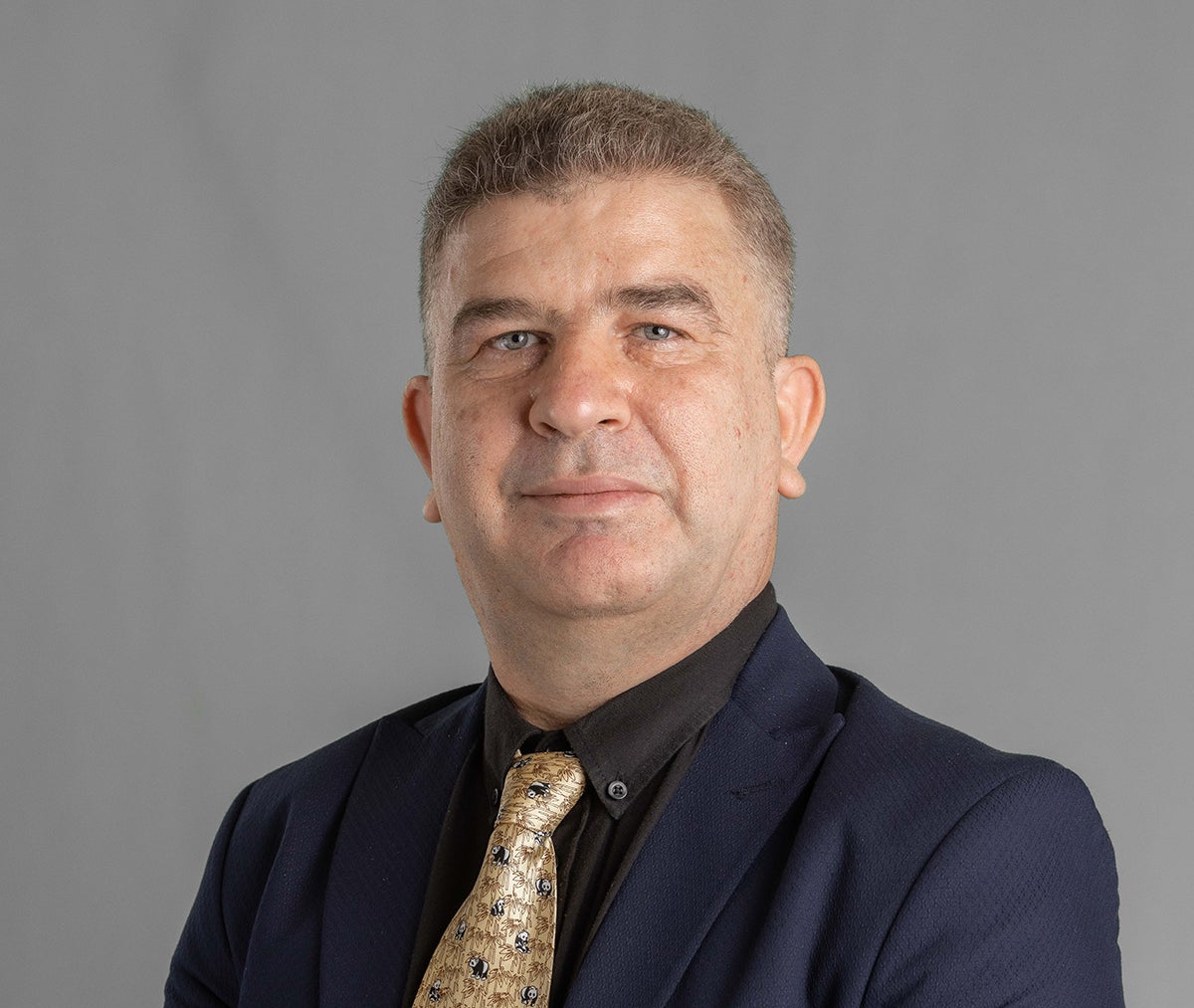
Human-Machine Interaction: HBKU’s Smart Vision Sensor Aims for Next-Level Intelligence
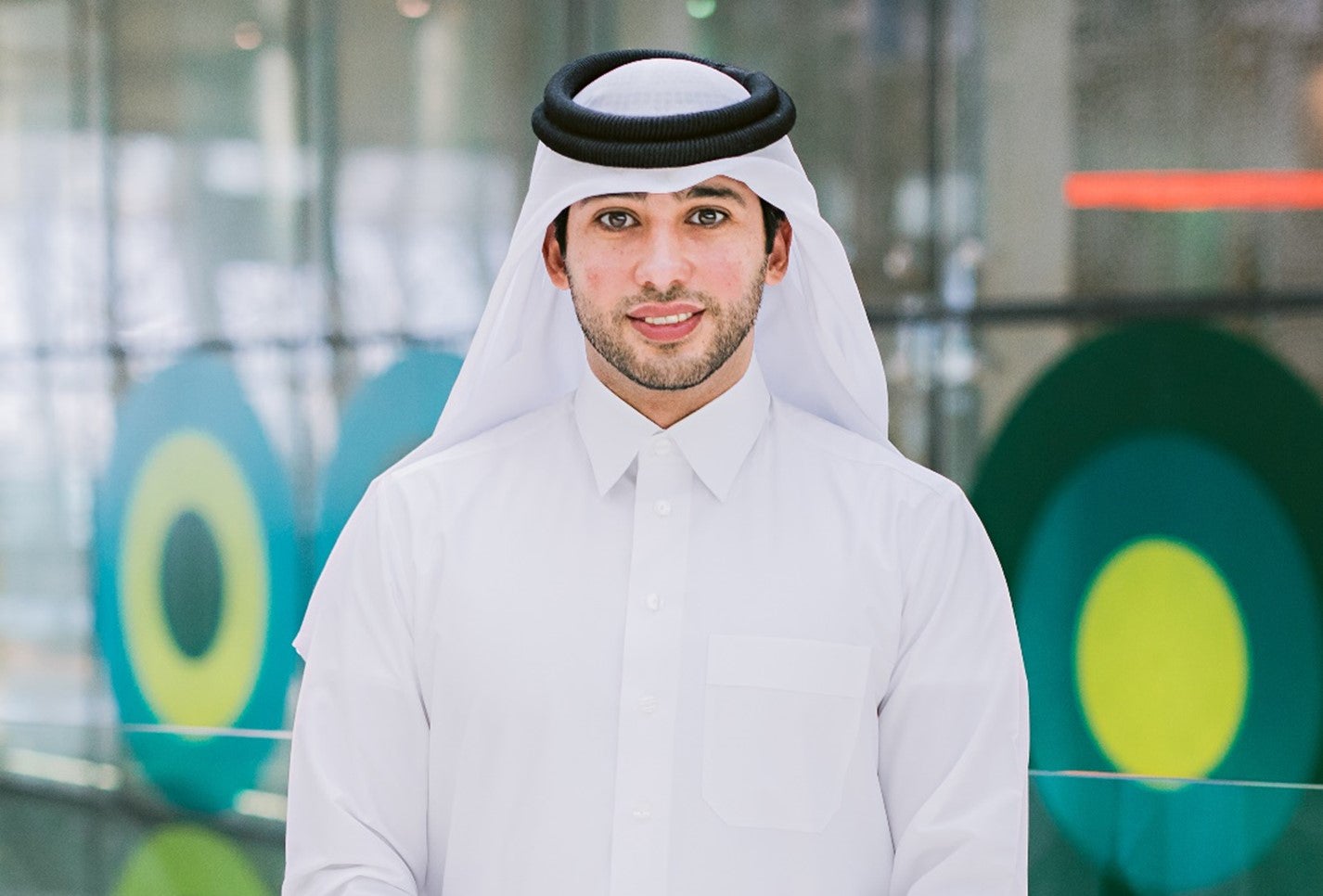
Record-Setting Billion-Cell Reservoir Simulation for Giant Oil and Gas Fields Achieved by HBKU’s College of Science and Engineering
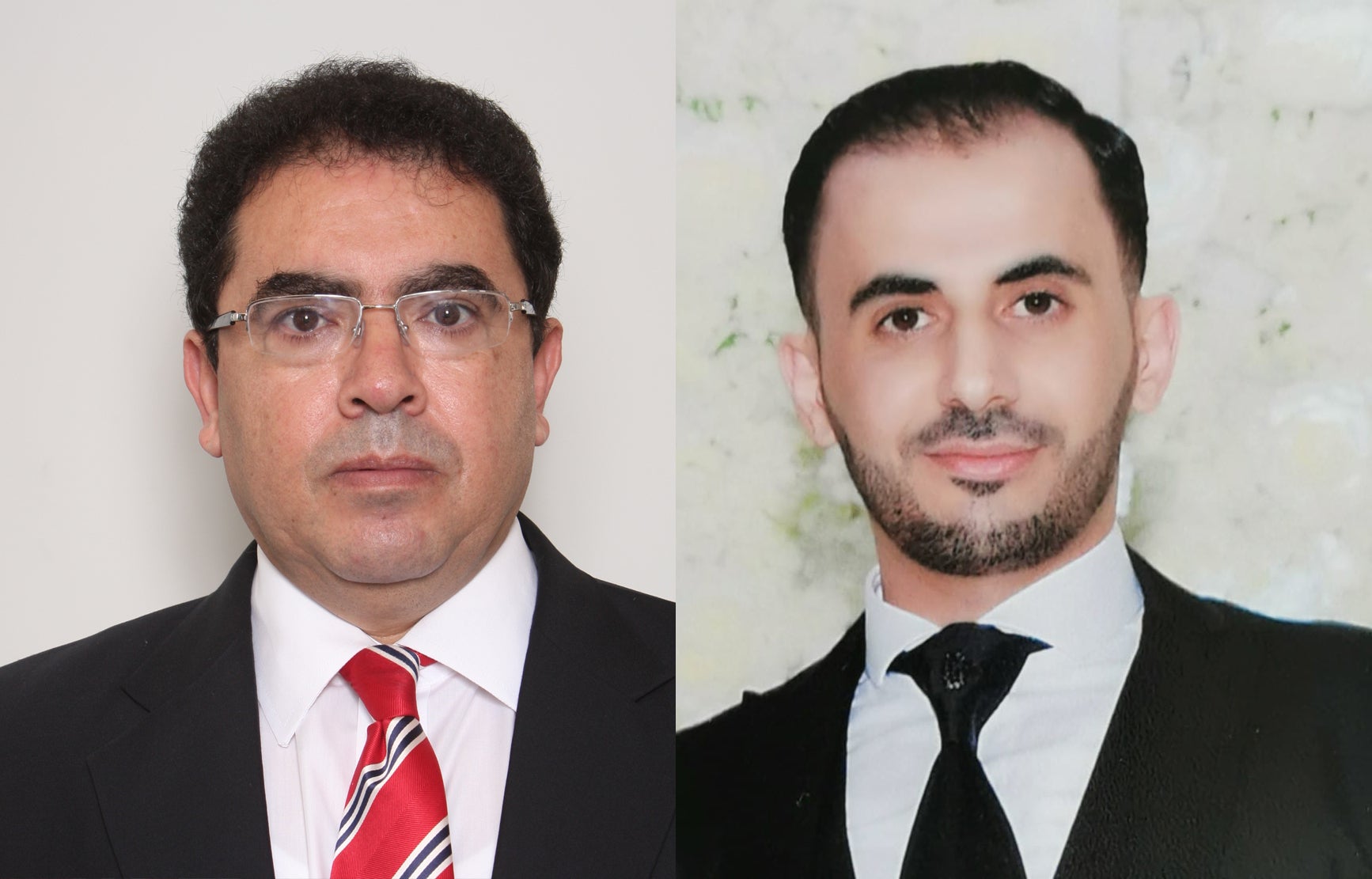
HBKU’s College of Science and Engineering Delivers Training on Health Informatics Research Methods
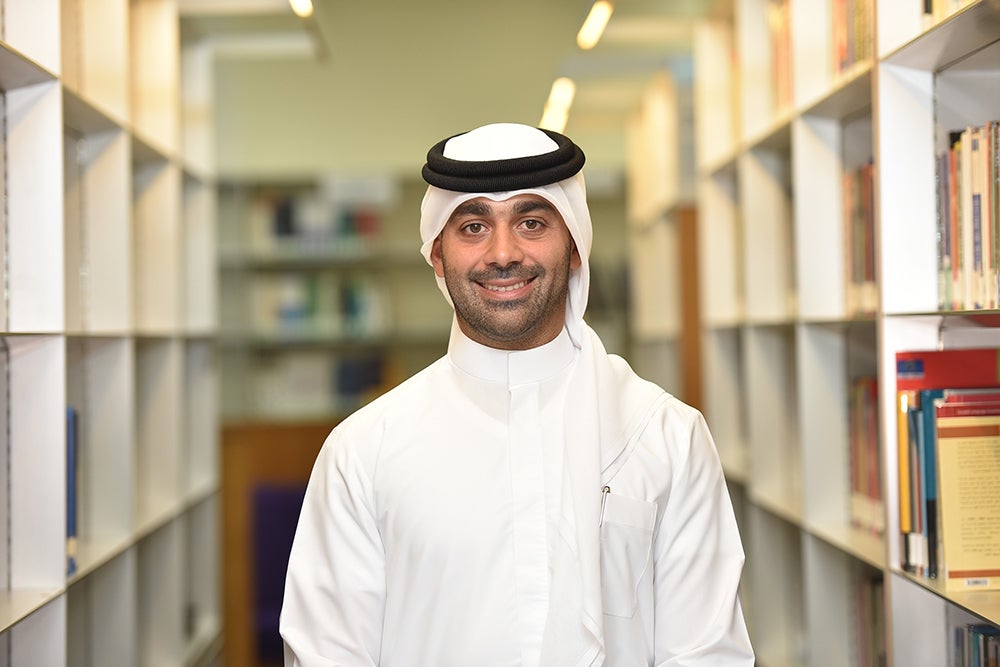
QF's HBKU and Norwegian Company Yara Sign Agreement to Support Food Security Efforts
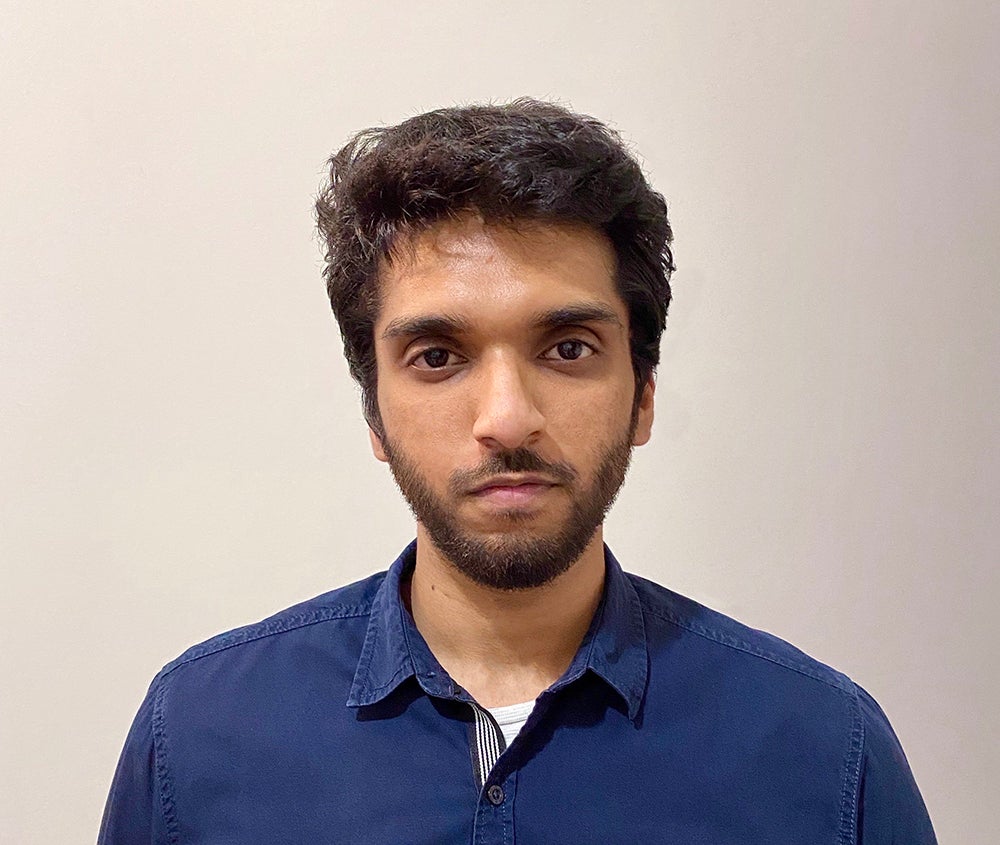
Statistical Modeling Can Help Us Understand How Phase Two of the Lockdown Lift is Faring
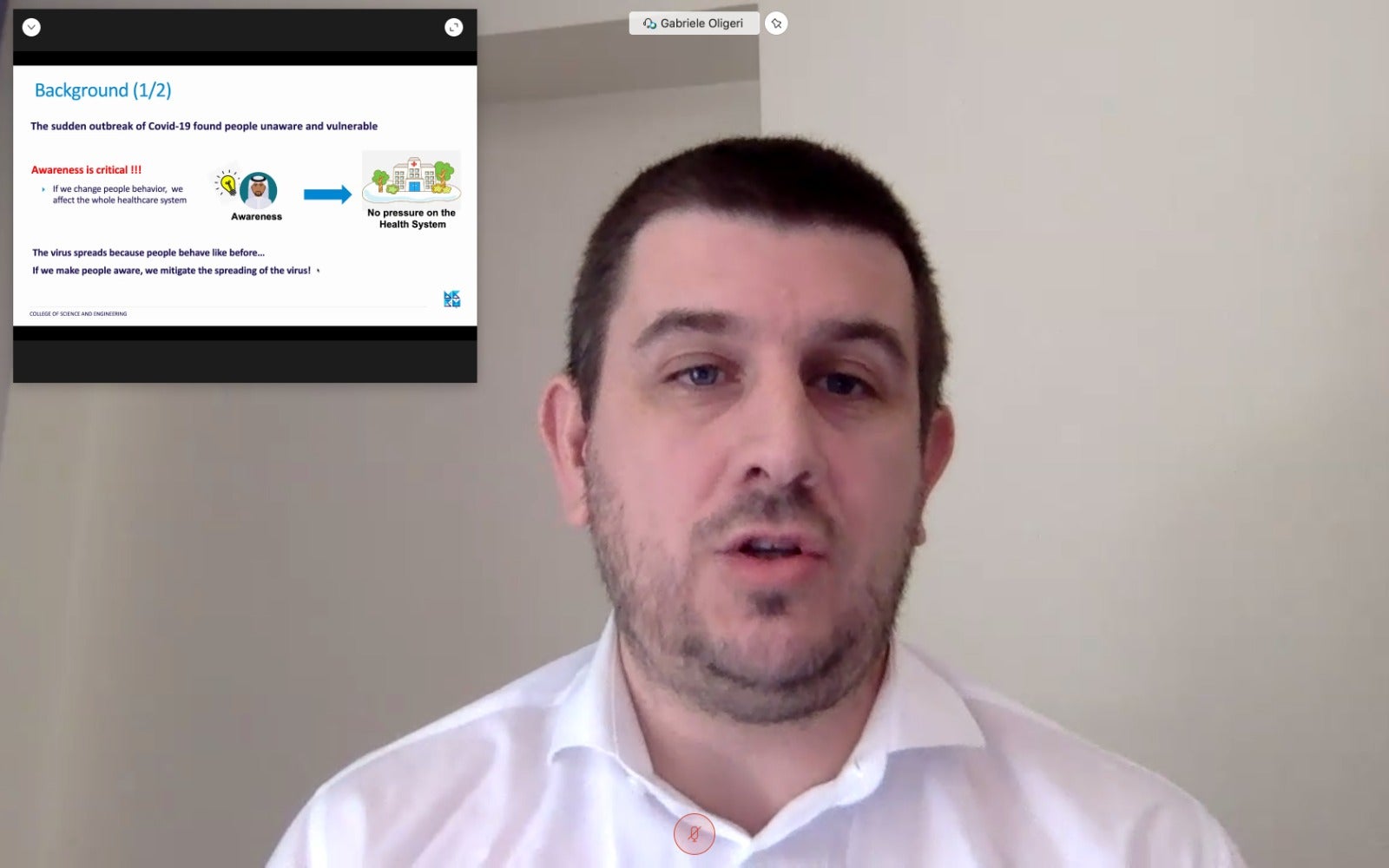
HBKU’s College of Science and Engineering Collaborates with MoTC to Deliver Webinar Series

Human-Machine Interaction: HBKU’s Smart Vision Sensor Aims for Next-Level Intelligence

Record-Setting Billion-Cell Reservoir Simulation for Giant Oil and Gas Fields Achieved by HBKU’s College of Science and Engineering

HBKU’s College of Science and Engineering Delivers Training on Health Informatics Research Methods

QF's HBKU and Norwegian Company Yara Sign Agreement to Support Food Security Efforts

Statistical Modeling Can Help Us Understand How Phase Two of the Lockdown Lift is Faring

HBKU’s College of Science and Engineering Collaborates with MoTC to Deliver Webinar Series

Human-Machine Interaction: HBKU’s Smart Vision Sensor Aims for Next-Level Intelligence

Record-Setting Billion-Cell Reservoir Simulation for Giant Oil and Gas Fields Achieved by HBKU’s College of Science and Engineering

HBKU’s College of Science and Engineering Delivers Training on Health Informatics Research Methods

QF's HBKU and Norwegian Company Yara Sign Agreement to Support Food Security Efforts

Statistical Modeling Can Help Us Understand How Phase Two of the Lockdown Lift is Faring

HBKU’s College of Science and Engineering Collaborates with MoTC to Deliver Webinar Series

Human-Machine Interaction: HBKU’s Smart Vision Sensor Aims for Next-Level Intelligence

Record-Setting Billion-Cell Reservoir Simulation for Giant Oil and Gas Fields Achieved by HBKU’s College of Science and Engineering

HBKU’s College of Science and Engineering Delivers Training on Health Informatics Research Methods

QF's HBKU and Norwegian Company Yara Sign Agreement to Support Food Security Efforts

Statistical Modeling Can Help Us Understand How Phase Two of the Lockdown Lift is Faring

HBKU’s College of Science and Engineering Collaborates with MoTC to Deliver Webinar Series

Human-Machine Interaction: HBKU’s Smart Vision Sensor Aims for Next-Level Intelligence

Record-Setting Billion-Cell Reservoir Simulation for Giant Oil and Gas Fields Achieved by HBKU’s College of Science and Engineering

HBKU’s College of Science and Engineering Delivers Training on Health Informatics Research Methods

QF's HBKU and Norwegian Company Yara Sign Agreement to Support Food Security Efforts

Statistical Modeling Can Help Us Understand How Phase Two of the Lockdown Lift is Faring

HBKU’s College of Science and Engineering Collaborates with MoTC to Deliver Webinar Series

Human-Machine Interaction: HBKU’s Smart Vision Sensor Aims for Next-Level Intelligence

Record-Setting Billion-Cell Reservoir Simulation for Giant Oil and Gas Fields Achieved by HBKU’s College of Science and Engineering

HBKU’s College of Science and Engineering Delivers Training on Health Informatics Research Methods

QF's HBKU and Norwegian Company Yara Sign Agreement to Support Food Security Efforts

Statistical Modeling Can Help Us Understand How Phase Two of the Lockdown Lift is Faring

HBKU’s College of Science and Engineering Collaborates with MoTC to Deliver Webinar Series

Human-Machine Interaction: HBKU’s Smart Vision Sensor Aims for Next-Level Intelligence

Record-Setting Billion-Cell Reservoir Simulation for Giant Oil and Gas Fields Achieved by HBKU’s College of Science and Engineering

HBKU’s College of Science and Engineering Delivers Training on Health Informatics Research Methods

QF's HBKU and Norwegian Company Yara Sign Agreement to Support Food Security Efforts

Statistical Modeling Can Help Us Understand How Phase Two of the Lockdown Lift is Faring

HBKU’s College of Science and Engineering Collaborates with MoTC to Deliver Webinar Series

Human-Machine Interaction: HBKU’s Smart Vision Sensor Aims for Next-Level Intelligence

Record-Setting Billion-Cell Reservoir Simulation for Giant Oil and Gas Fields Achieved by HBKU’s College of Science and Engineering

HBKU’s College of Science and Engineering Delivers Training on Health Informatics Research Methods

QF's HBKU and Norwegian Company Yara Sign Agreement to Support Food Security Efforts

Statistical Modeling Can Help Us Understand How Phase Two of the Lockdown Lift is Faring

HBKU’s College of Science and Engineering Collaborates with MoTC to Deliver Webinar Series

Human-Machine Interaction: HBKU’s Smart Vision Sensor Aims for Next-Level Intelligence

Record-Setting Billion-Cell Reservoir Simulation for Giant Oil and Gas Fields Achieved by HBKU’s College of Science and Engineering

HBKU’s College of Science and Engineering Delivers Training on Health Informatics Research Methods

QF's HBKU and Norwegian Company Yara Sign Agreement to Support Food Security Efforts

Statistical Modeling Can Help Us Understand How Phase Two of the Lockdown Lift is Faring

HBKU’s College of Science and Engineering Collaborates with MoTC to Deliver Webinar Series

Human-Machine Interaction: HBKU’s Smart Vision Sensor Aims for Next-Level Intelligence

Record-Setting Billion-Cell Reservoir Simulation for Giant Oil and Gas Fields Achieved by HBKU’s College of Science and Engineering

HBKU’s College of Science and Engineering Delivers Training on Health Informatics Research Methods

QF's HBKU and Norwegian Company Yara Sign Agreement to Support Food Security Efforts

Statistical Modeling Can Help Us Understand How Phase Two of the Lockdown Lift is Faring

HBKU’s College of Science and Engineering Collaborates with MoTC to Deliver Webinar Series

Human-Machine Interaction: HBKU’s Smart Vision Sensor Aims for Next-Level Intelligence

Record-Setting Billion-Cell Reservoir Simulation for Giant Oil and Gas Fields Achieved by HBKU’s College of Science and Engineering

HBKU’s College of Science and Engineering Delivers Training on Health Informatics Research Methods

QF's HBKU and Norwegian Company Yara Sign Agreement to Support Food Security Efforts

Statistical Modeling Can Help Us Understand How Phase Two of the Lockdown Lift is Faring

HBKU’s College of Science and Engineering Collaborates with MoTC to Deliver Webinar Series

Human-Machine Interaction: HBKU’s Smart Vision Sensor Aims for Next-Level Intelligence

Record-Setting Billion-Cell Reservoir Simulation for Giant Oil and Gas Fields Achieved by HBKU’s College of Science and Engineering

HBKU’s College of Science and Engineering Delivers Training on Health Informatics Research Methods

QF's HBKU and Norwegian Company Yara Sign Agreement to Support Food Security Efforts

Statistical Modeling Can Help Us Understand How Phase Two of the Lockdown Lift is Faring

HBKU’s College of Science and Engineering Collaborates with MoTC to Deliver Webinar Series

Human-Machine Interaction: HBKU’s Smart Vision Sensor Aims for Next-Level Intelligence

Record-Setting Billion-Cell Reservoir Simulation for Giant Oil and Gas Fields Achieved by HBKU’s College of Science and Engineering

HBKU’s College of Science and Engineering Delivers Training on Health Informatics Research Methods

QF's HBKU and Norwegian Company Yara Sign Agreement to Support Food Security Efforts

Statistical Modeling Can Help Us Understand How Phase Two of the Lockdown Lift is Faring

HBKU’s College of Science and Engineering Collaborates with MoTC to Deliver Webinar Series

Human-Machine Interaction: HBKU’s Smart Vision Sensor Aims for Next-Level Intelligence

Record-Setting Billion-Cell Reservoir Simulation for Giant Oil and Gas Fields Achieved by HBKU’s College of Science and Engineering

HBKU’s College of Science and Engineering Delivers Training on Health Informatics Research Methods

QF's HBKU and Norwegian Company Yara Sign Agreement to Support Food Security Efforts

Statistical Modeling Can Help Us Understand How Phase Two of the Lockdown Lift is Faring

HBKU’s College of Science and Engineering Collaborates with MoTC to Deliver Webinar Series

Human-Machine Interaction: HBKU’s Smart Vision Sensor Aims for Next-Level Intelligence

Record-Setting Billion-Cell Reservoir Simulation for Giant Oil and Gas Fields Achieved by HBKU’s College of Science and Engineering

HBKU’s College of Science and Engineering Delivers Training on Health Informatics Research Methods

QF's HBKU and Norwegian Company Yara Sign Agreement to Support Food Security Efforts

Statistical Modeling Can Help Us Understand How Phase Two of the Lockdown Lift is Faring

HBKU’s College of Science and Engineering Collaborates with MoTC to Deliver Webinar Series

Human-Machine Interaction: HBKU’s Smart Vision Sensor Aims for Next-Level Intelligence

Record-Setting Billion-Cell Reservoir Simulation for Giant Oil and Gas Fields Achieved by HBKU’s College of Science and Engineering

HBKU’s College of Science and Engineering Delivers Training on Health Informatics Research Methods

QF's HBKU and Norwegian Company Yara Sign Agreement to Support Food Security Efforts

Statistical Modeling Can Help Us Understand How Phase Two of the Lockdown Lift is Faring

HBKU’s College of Science and Engineering Collaborates with MoTC to Deliver Webinar Series

Human-Machine Interaction: HBKU’s Smart Vision Sensor Aims for Next-Level Intelligence

Record-Setting Billion-Cell Reservoir Simulation for Giant Oil and Gas Fields Achieved by HBKU’s College of Science and Engineering

HBKU’s College of Science and Engineering Delivers Training on Health Informatics Research Methods

QF's HBKU and Norwegian Company Yara Sign Agreement to Support Food Security Efforts

Statistical Modeling Can Help Us Understand How Phase Two of the Lockdown Lift is Faring

HBKU’s College of Science and Engineering Collaborates with MoTC to Deliver Webinar Series

Human-Machine Interaction: HBKU’s Smart Vision Sensor Aims for Next-Level Intelligence

Record-Setting Billion-Cell Reservoir Simulation for Giant Oil and Gas Fields Achieved by HBKU’s College of Science and Engineering

HBKU’s College of Science and Engineering Delivers Training on Health Informatics Research Methods

QF's HBKU and Norwegian Company Yara Sign Agreement to Support Food Security Efforts

Statistical Modeling Can Help Us Understand How Phase Two of the Lockdown Lift is Faring

HBKU’s College of Science and Engineering Collaborates with MoTC to Deliver Webinar Series

Human-Machine Interaction: HBKU’s Smart Vision Sensor Aims for Next-Level Intelligence

Record-Setting Billion-Cell Reservoir Simulation for Giant Oil and Gas Fields Achieved by HBKU’s College of Science and Engineering

HBKU’s College of Science and Engineering Delivers Training on Health Informatics Research Methods

QF's HBKU and Norwegian Company Yara Sign Agreement to Support Food Security Efforts

Statistical Modeling Can Help Us Understand How Phase Two of the Lockdown Lift is Faring

HBKU’s College of Science and Engineering Collaborates with MoTC to Deliver Webinar Series

Human-Machine Interaction: HBKU’s Smart Vision Sensor Aims for Next-Level Intelligence

Record-Setting Billion-Cell Reservoir Simulation for Giant Oil and Gas Fields Achieved by HBKU’s College of Science and Engineering

HBKU’s College of Science and Engineering Delivers Training on Health Informatics Research Methods

QF's HBKU and Norwegian Company Yara Sign Agreement to Support Food Security Efforts

Statistical Modeling Can Help Us Understand How Phase Two of the Lockdown Lift is Faring






